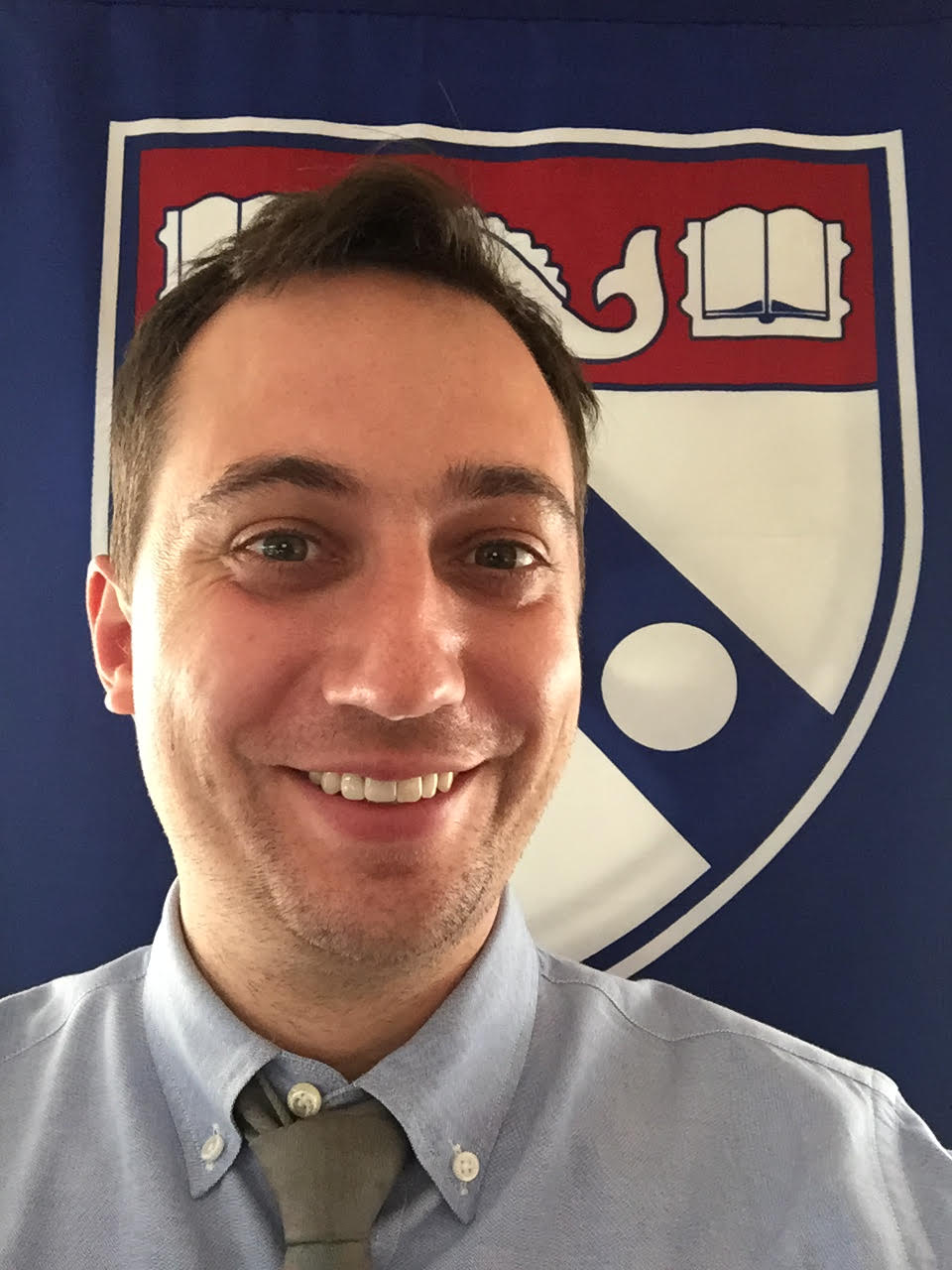|

|
How does a school leader utilize her role as lead learner to challenge assumptions about cultures of learning and support professional growth in the faculty?
The cornerstone of my experience in the University of Pennsylvania School Leadership program has been challenging the assumptions that I personally bring to education as well as the assumptions that my colleagues bring to education. My focus question asks, "How do I as lead learner help my faculty grow by challenging assumptions and engaging in professional development?" I've discovered that professional growth has to start with me. If I expect my faculty to grow and change, I have to constantly challenge my own assumptions about teaching and learning. I am the lead learner, and I must lead by example. That means I must constantly engage in professional development while encouraging others to engage in professional development.
"Fullan (2016) wrote, 'I have already concluded that principals cannot affect the school
one teacher at a time. They must change the culture of the school toward greater focused
collaboration. They do this by becoming the lead learner' (p. 132). In the role of school leader,
I will be responsible for both coaching and evaluating teachers. But I will not make it my task to
change every teacher one by one. Rather, I will need to act as lead learner, demonstrating to my
faculty that I am willing to work as hard as anyone else to improve student outcomes. I am
responsible for guiding the vision of the school, and it is through a balcony-view lens that I must
shape the culture to be one in which all members of the school community - adults and students
alike - are learners." - Capstone Paper 2, Spring 2018
MY EDUCATIONAL PHILOSOPHY
The core of my educational philosophy centers around equity in education. I firmly believe that all students should be able to see themselves in the curriculum. The material must reflect the students. Relevance is key. However, exposure to material that challenges students' worldviews is also critical. My philosophy revolves around balancing the familiar with the unknown, so that every student can situate herself in and amongst the "other."
Furthermore, I believe that every leader in education must be able to integrate multiple perspectives into his or her decision-making process. It is essential that a leader listen to his or her colleagues, because every individual has something unique to add to the conversation. Costa and Kallick (2000) write in Discovering & Exploring Habits of Mind, "Some psychologists believe that the ability to listen to another person - to empathize with and to understand that person's point of view - is one of the highest forms of intelligent behavior" (p. 23). I've had many mentors throughout the year who have demonstrated this very critical habit of mind. And I have become a more empathetic leader thanks to them.
Finally, being a leader often means making difficult decisions. There is not always a right answer. As I wrote in my final journal entry:
"Plato suggests we hold to our principles and make every decision based on our ideals. Whereas Aristotle suggests that context must be considered when making decisions. Leaders must carefully balance these two philosophies, holding a principled line while also considering the context of the situation. Every leader must be something of a hypocrite. He or she must draw a line in the sand, but he or she must also cross that line on occasion. A good leader is constantly struggling with that decision: When must you compromise your ideals for the greater good? This really struck me as a particularly deep insight into leadership, and it scares me a little because I tend to want to hold fast to my ideals. Compromising my principles is extremely discomforting. Going forward, I will think more about these philosophies in my work in leadership and try to notice when principle trumps context and vice-versa." - Journal Entry Dated June 9, 2018.
|